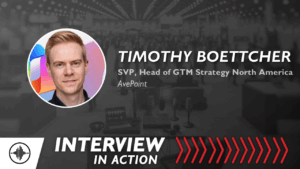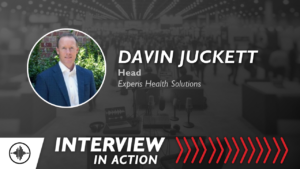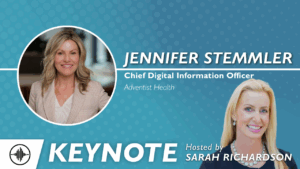From deepening its integration of Microsoft's generative AI tools into its ecosystem to rolling out a new online app gallery, here are 14 of Epic Systems' biggest moves this year:
- UPMC is moving from nine EHRs to Epic Systems.
- Epic Systems integrated two-way patient texting, which allows hospitals and health systems using its software to offer patients mobile messaging that can send them alerts about appointments, prescriptions and billing.
- Epic said it will roll out an online app gallery to help users find resources and connections.
- Epic Systems founder and CEO Judy Faulkner told audiences at the company's annual Users Group Meeting that the vendor plans to provide more training for workers struggling to learn its software systems, connect millions more patient records to data systems and use generative AI to reduce provider workload.
- Epic Systems and Microsoft again expanded their partnership and will integrate conversational, ambient and generative AI technologies into Epic's EHR ecosystem.
- KeyCare, the only Epic-based virtual care company in the U.S., ended its first year with 10 health system and health tech partnerships.
- Epic created the "Partnership and Pals" collaboration program allowing companies to work with the vendor.
- Epic Systems said it will partner with Nuance, a clinical documentation software company owned by Microsoft, to integrate GPT-4-powered clinical documentation technology into the company's EHR software. Under the partnership, Nuance's Dragon Ambient eXperience Express, an AI-powered clinical documentation application that uses GPT-4, will be integrated into Epic.
- According to KLAS Research, the EHR vendor added 83 hospitals to its network in 2022, the most of any EHR vendor last year.
- Leading health systems from across the country, including Palo Alto, Calif.-based Stanford Health Care and Rochester, Minn.-based Mayo Clinic, have pledged to use Epic's software to share health information with the Trusted Exchange Framework and Common Agreement.
- Epic entered a partnership with Microsoft to develop and integrate generative AI into its EHR software. Under the partnership, the companies will combine Microsoft's Azure OpenAI Service with Epic's EHR software. UC San Diego Health, Madison Wis.-based UW Health, Chapel Hill, N.C.-based UNC Health and Palo Alto, Calif.-based Stanford Health Care have already started to use the new integration to automatically draft message responses.
- The EHR vendor snagged New Hyde Park, N.Y.-based Northwell Health as a new customer. The health system will move from an Allscripts EHR system to an Epic one.
- Epic Systems was approved for onboarding to join the Trusted Exchange Framework and Common Agreement, a new health information exchange framework.
- Epic was named the top overall health IT software suite for the 13th year in a row in the 2023 Best in KLAS Awards.















